The Feline Innovators of Personal Finance: Cats and Their Unseen Influence on Household Economics
- 3 Comments
In the intricate tapestry of personal finance, a surprising player has emerged, stealthily influencing household economics: the domestic cat. These enigmatic creatures, often revered for their independent nature and inscrutable personalities, have been quietly shaping the financial landscapes of their human companions in ways that are as subtle as they are profound.
Cats have long been celebrated for their low-maintenance lifestyles, a trait that directly impacts household spending. Unlike their canine counterparts, cats require minimal grooming and exercise, which translates into fewer expenses for their owners. This cost-effectiveness in pet ownership can lead to significant savings over time, allowing families to allocate resources to other financial priorities such as savings or investments. The economic advantages of owning a cat extend beyond mere maintenance costs. Studies have shown that the presence of a feline companion can contribute to a more stable household environment. Cats, with their soothing purrs and calming presence, can reduce stress levels in their human counterparts, potentially decreasing healthcare costs associated with stress-related illnesses. By promoting mental well-being, cats indirectly support a more balanced approach to financial planning, as individuals are better equipped to make sound financial decisions when they are not burdened by stress.
Moreover, cats have an uncanny ability to encourage frugality among their owners. The simple act of observing a cat’s contentment with a cozy box or a sunny windowsill can serve as a reminder of the joys of simplicity, prompting individuals to reassess their own consumption habits. This feline-inspired mindfulness can lead to more conscious spending, encouraging individuals to invest in experiences or essential goods rather than accumulating unnecessary possessions.
Cats also play a pivotal role in the burgeoning gig economy, where their captivating antics and photogenic qualities have fueled an entire industry of social media influencers. Cat owners can capitalize on their pets’ natural charisma by creating content that attracts followers and, in turn, monetizes platforms through sponsorships, advertisements, and merchandise. This entrepreneurial spirit, driven by the feline mystique, has transformed many households into small-scale businesses, diversifying income streams and contributing to financial resilience.
Furthermore, cats have historically been associated with financial luck and prosperity. In cultures around the world, they are regarded as symbols of good fortune, often depicted in folklore and art as bringers of wealth. This cultural perception can influence personal finance by instilling a sense of optimism and confidence in financial pursuits. Believing in the positive influence of their feline companions, individuals may feel more empowered to take calculated risks, invest in their futures, and pursue entrepreneurial ventures.
In the realm of personal finance, the domestic cat emerges as an unexpected yet influential figure. Through their cost-effective care, stress-reducing presence, and inspiration for mindful consumption, cats quietly guide their human companions toward more sustainable financial practices. Their role in the digital economy further solidifies their impact, as they help diversify income and promote economic stability. As the world continues to navigate the complexities of personal finance, it is clear that cats, in their own quiet and mysterious way, have become indispensable allies on the path to financial well-being.
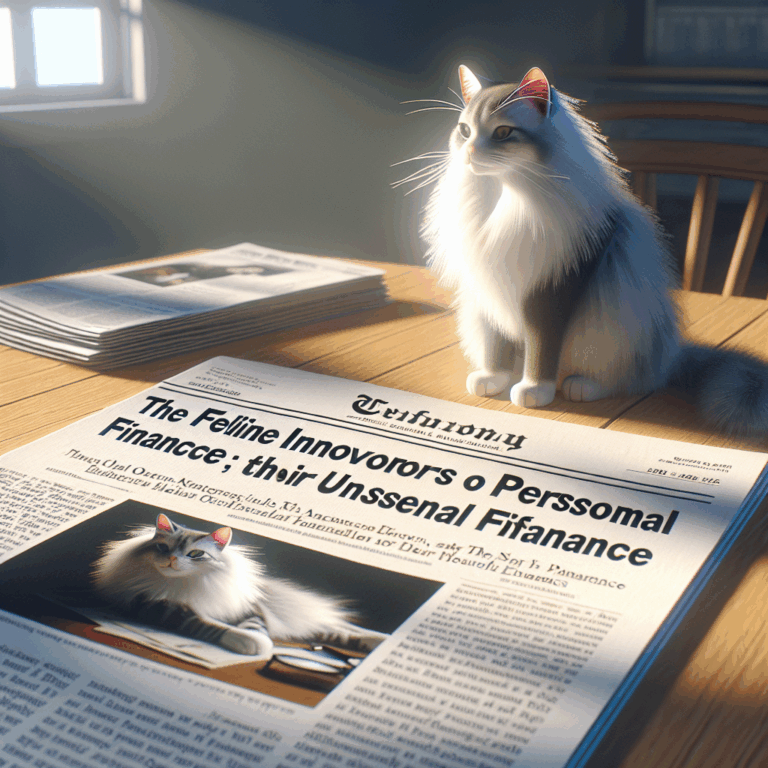
In the intricate tapestry of personal finance, a surprising player has emerged, stealthily influencing household economics: the domestic cat. These enigmatic creatures, often revered for their independent nature and inscrutable personalities, have been quietly shaping the financial landscapes of their human companions in ways that are as subtle as they are profound.
Cats have long been celebrated for their low-maintenance lifestyles, a trait that directly impacts household spending. Unlike their canine counterparts, cats require minimal grooming and exercise, which translates into fewer expenses for their owners. This cost-effectiveness in pet ownership can lead to significant savings over time, allowing families to allocate resources to other financial priorities such as savings or investments. The economic advantages of owning a cat extend beyond mere maintenance costs. Studies have shown that the presence of a feline companion can contribute to a more stable household environment. Cats, with their soothing purrs and calming presence, can reduce stress levels in their human counterparts, potentially decreasing healthcare costs associated with stress-related illnesses. By promoting mental well-being, cats indirectly support a more balanced approach to financial planning, as individuals are better equipped to make sound financial decisions when they are not burdened by stress.
Moreover, cats have an uncanny ability to encourage frugality among their owners. The simple act of observing a cat’s contentment with a cozy box or a sunny windowsill can serve as a reminder of the joys of simplicity, prompting individuals to reassess their own consumption habits. This feline-inspired mindfulness can lead to more conscious spending, encouraging individuals to invest in experiences or essential goods rather than accumulating unnecessary possessions.
Cats also play a pivotal role in the burgeoning gig economy, where their captivating antics and photogenic qualities have fueled an entire industry of social media influencers. Cat owners can capitalize on their pets’ natural charisma by creating content that attracts followers and, in turn, monetizes platforms through sponsorships, advertisements, and merchandise. This entrepreneurial spirit, driven by the feline mystique, has transformed many households into small-scale businesses, diversifying income streams and contributing to financial resilience.
Furthermore, cats have historically been associated with financial luck and prosperity. In cultures around the world, they are regarded as symbols of good fortune, often depicted in folklore and art as bringers of wealth. This cultural perception can influence personal finance by instilling a sense of optimism and confidence in financial pursuits. Believing in the positive influence of their feline companions, individuals may feel more empowered to take calculated risks, invest in their futures, and pursue entrepreneurial ventures.
In the realm of personal finance, the domestic cat emerges as an unexpected yet influential figure. Through their cost-effective care, stress-reducing presence, and inspiration for mindful consumption, cats quietly guide their human companions toward more sustainable financial practices. Their role in the digital economy further solidifies their impact, as they help diversify income and promote economic stability. As the world continues to navigate the complexities of personal finance, it is clear that cats, in their own quiet and mysterious way, have become indispensable allies on the path to financial well-being.
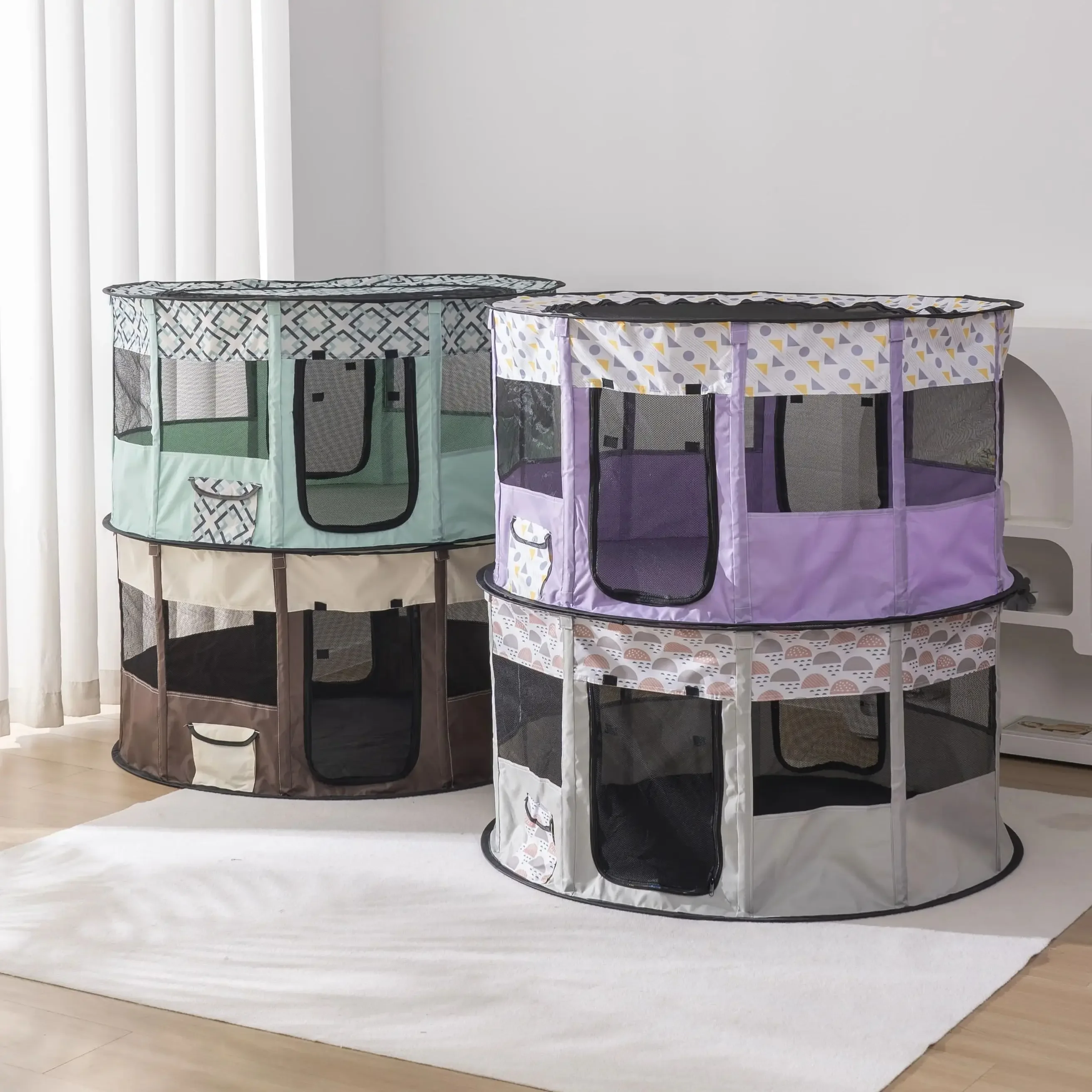
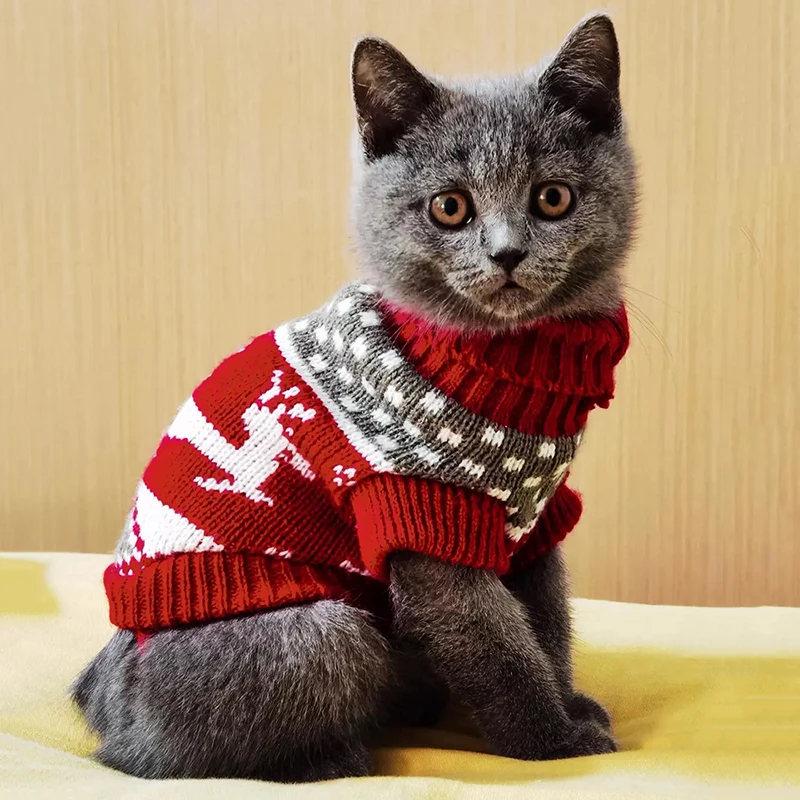
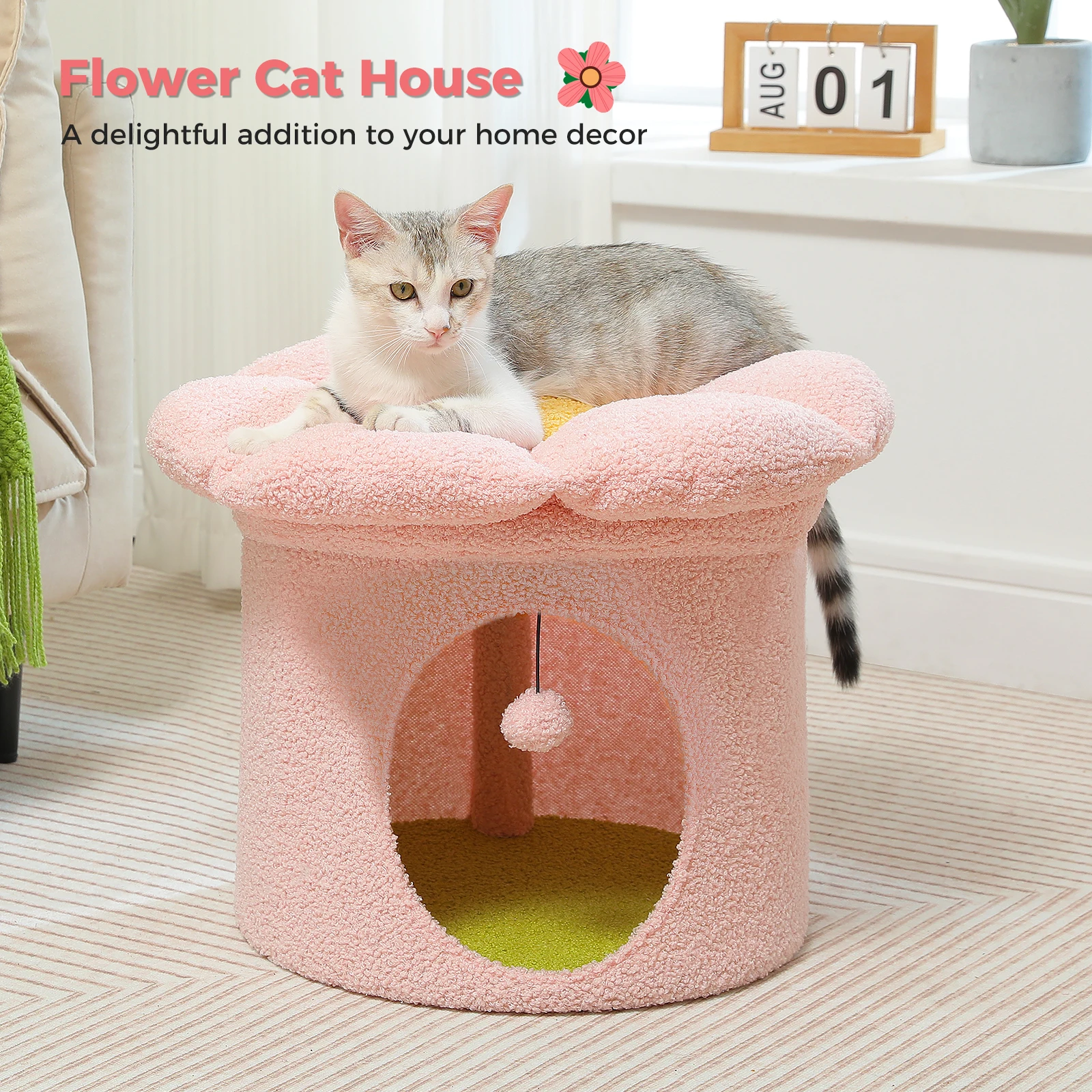
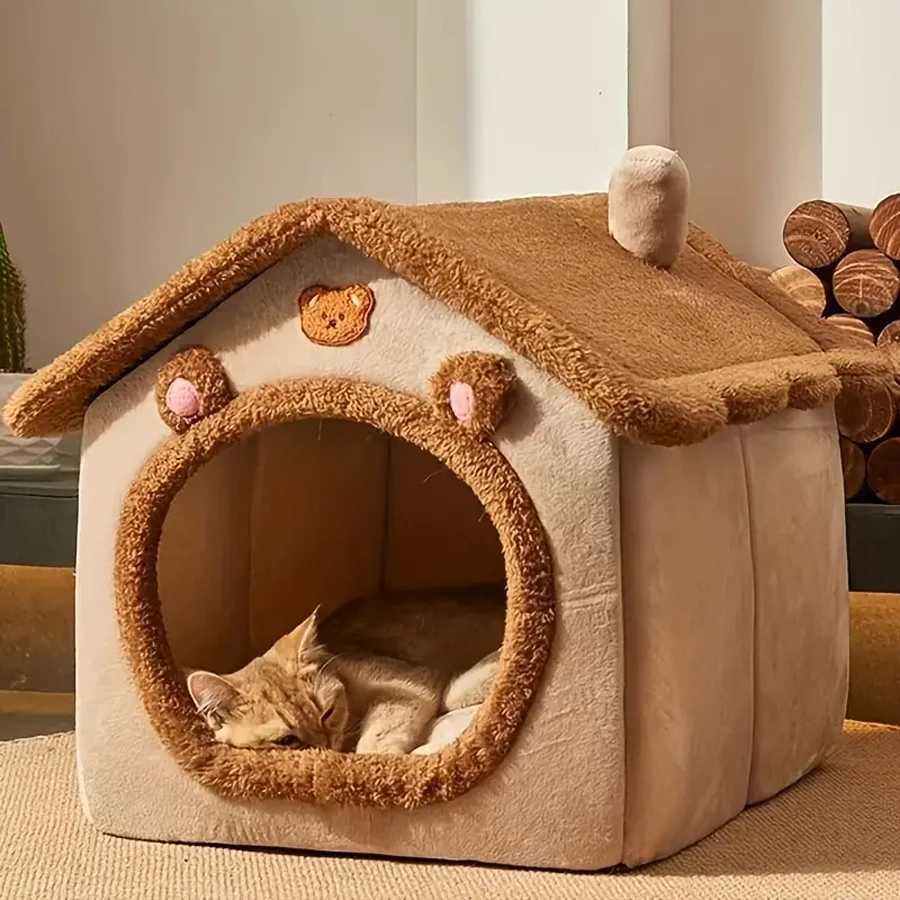
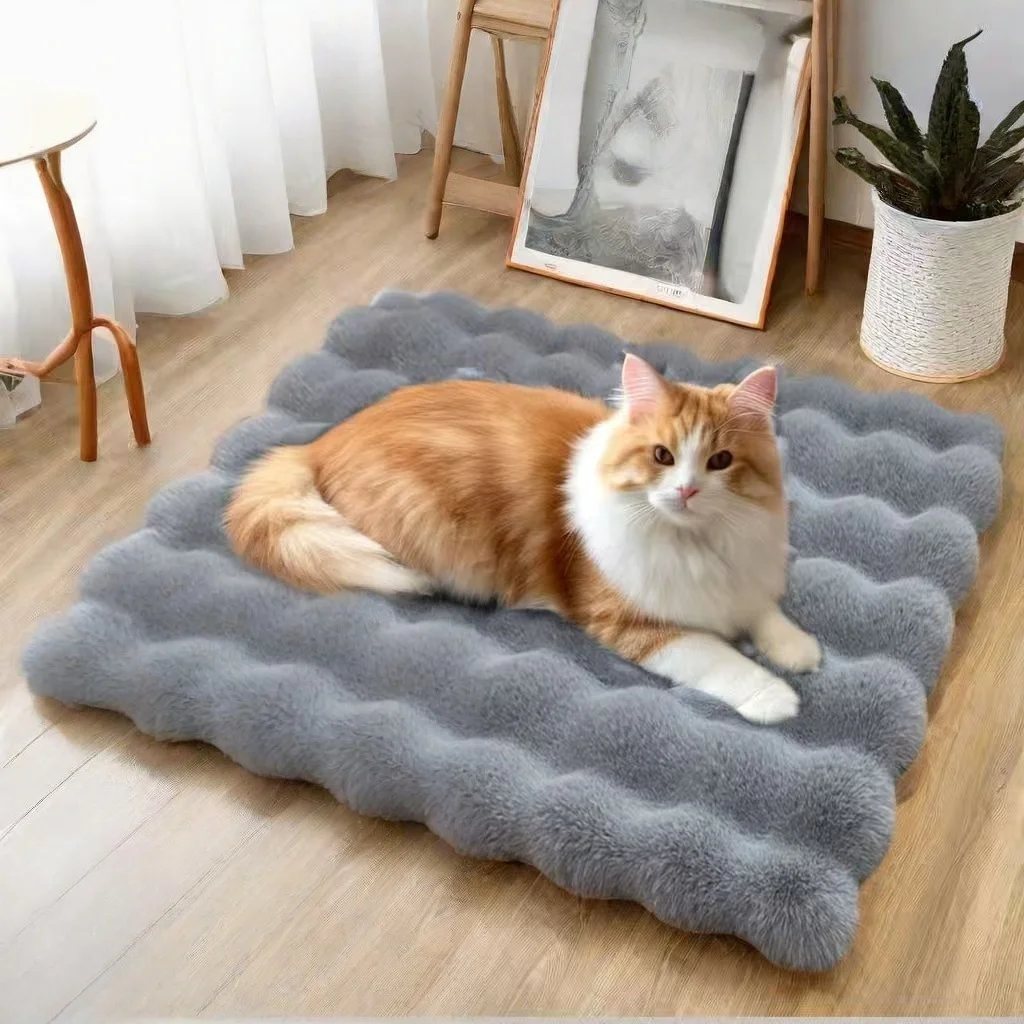
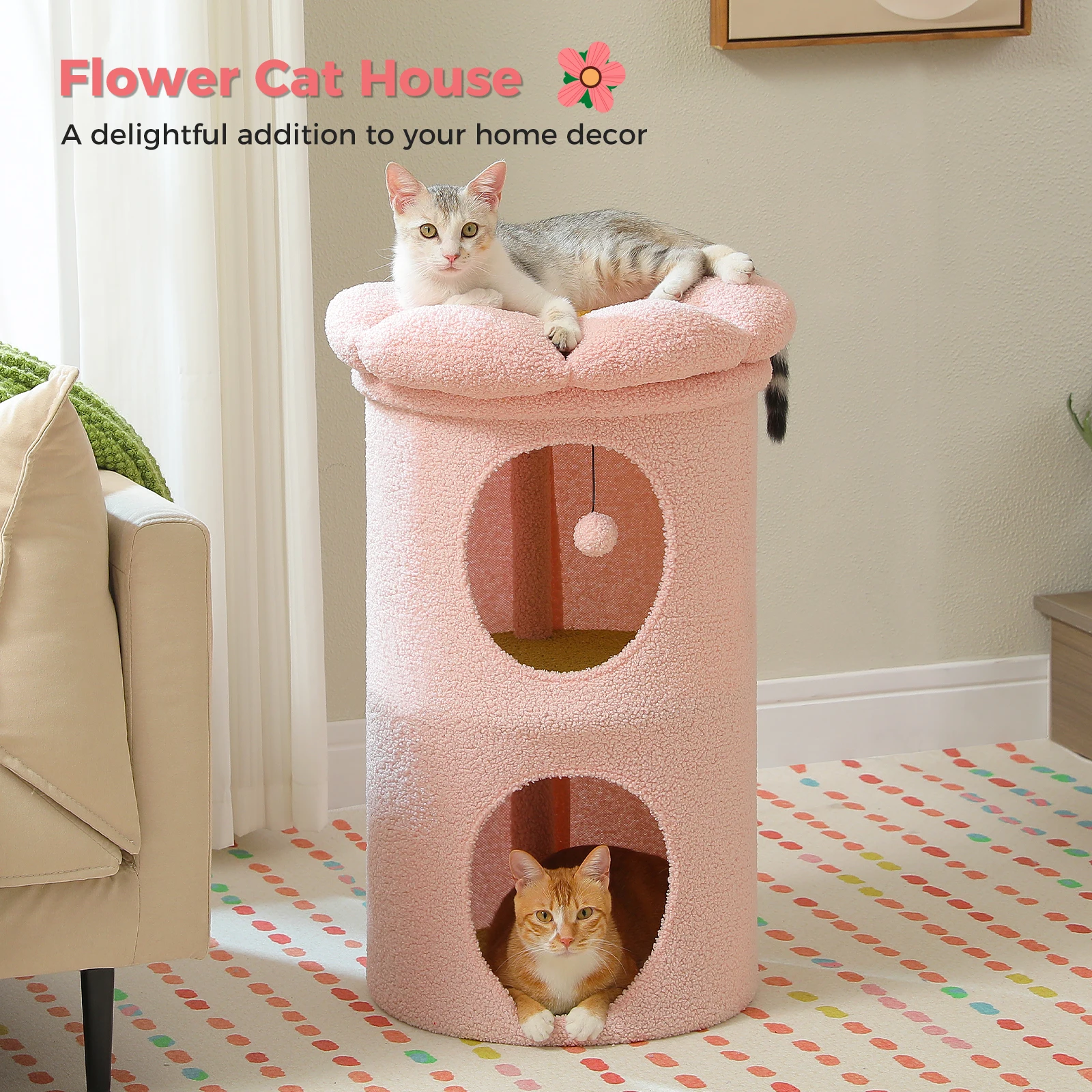

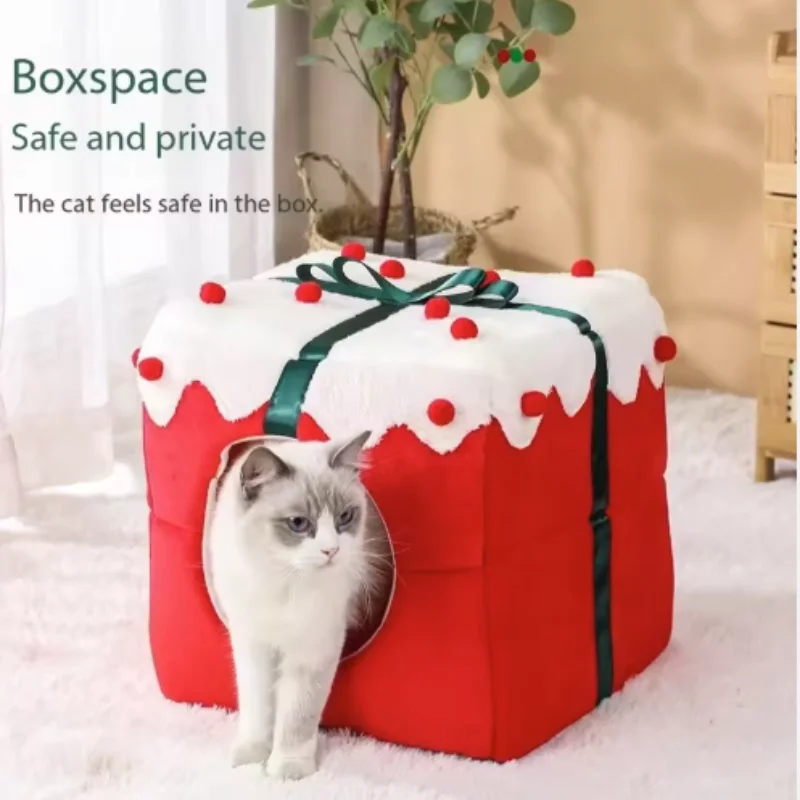

3 thoughts on “The Feline Innovators of Personal Finance: Cats and Their Unseen Influence on Household Economics”
While the post presents an interesting perspective, the claims about cats significantly influencing personal finance seem overstated and lack empirical evidence.
It’s great to hear your perspective! The article does highlight unique ways cats can influence personal finance, though it’s always important to consider the broader context and individual experiences. While some points may lack extensive empirical evidence, it’s fascinating to explore how our pets can subtly shape our lives in unexpected ways.
This article provides an interesting perspective on how cats can subtly impact personal finance and household economics.